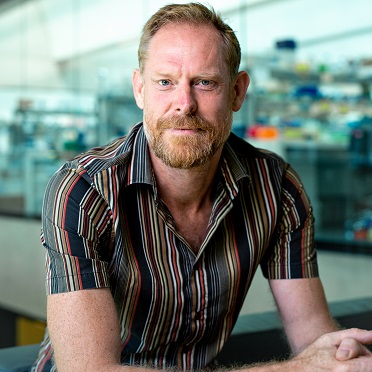Giles Oldroyd studies interactions between plants and beneficial micro-organisms, both bacteria and fungi, that aid in the uptake of nutrients from the environment, especially nitrogen and phosphorus. These microbial associations are intracellular, allowing tight control of nutrient exchange, with sources of carbon delivered to the microorganisms from the plant in exchange for nitrogen and phosphorus. Giles’ work has dissected the signal transduction pathway in plants that allows the recognition of beneficial microorganisms and the mechanisms by which plant development is modified to support these interactions.
The agricultural green revolution brought significant yield improvements for many cereal crops, primarily resulting from the ability to apply nitrogenous fertilisers. However, the yield benefits are not recognised equally across the globe and where fertilisers are used, they account for a sizable proportion of the pollution derived from agriculture. Giles is leading an international programme of research, attempting to achieve more equitable and sustainable agriculture through the enhanced use of beneficial microbial associations.
Giles is the director of the Crop Science Centre, an institute focused on recognising impact in agriculture.
Professional position
- Russell R Geiger Professor of Crop Science, The Crop Science Centre, University of Cambridge
Subject groups
- Organismal biology, evolution and ecology
Agricultural and forest science, Plant sciences / botany
- Other
Other interestsOther interests

